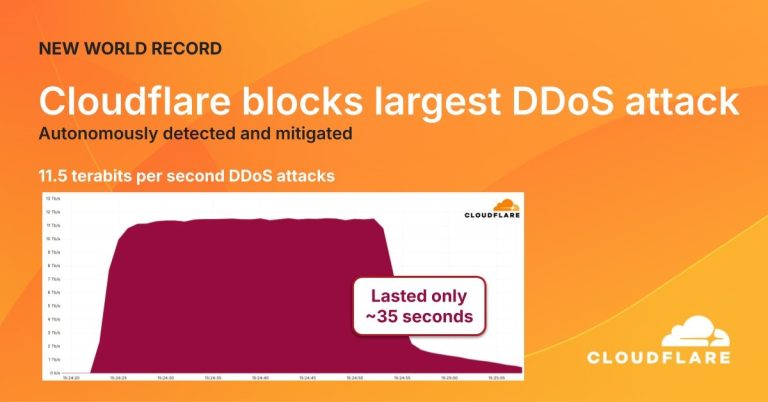
The United Kingdom has confirmed its first fatality directly linked to a cyberattack on the National Health Service (NHS). The incident, which occurred in June of last year, severely disrupted hospital operations across southeast London. More than a thousand surgeries were postponed, two thousand outpatient appointments were cancelled, and over a thousand cancer treatments were delayed.
King’s College Hospital has now formally acknowledged that one of these deaths occurred amidst the chaos. A hospital representative stated that the patient died suddenly during the incident, and an internal investigation identified several contributing factors. Chief among them was a delay in blood test results caused by failures in the laboratory systems maintained by the targeted IT provider, Synnovis.
The bereaved family has been informed of the findings of this internal review. The disruption stemmed from a large-scale ransomware attack, allegedly orchestrated by the Russian cybercriminal group Qilin. The attack affected Guy’s and St Thomas’, King’s College, Lewisham and Greenwich hospitals, as well as multiple primary care and psychiatric facilities across six London boroughs.
This tragic event is not isolated. A similar case in the United States previously documented the death of a child following a ransomware attack on a hospital in Alabama. Research has shown that hospital medical devices remain alarmingly vulnerable to cyberattacks, and more than half of healthcare professionals have reported elevated mortality rates in the wake of such incidents.
Cyberattacks on healthcare systems are becoming increasingly frequent and devastating. Past examples include the assault on Newfoundland, Canada, which led to the cancellation of thousands of medical appointments, and FBI warnings that 53% of medical devices contain critical vulnerabilities, granting cybercriminals potential control over patients’ lives.
Experts continue to raise alarms over the growing menace of ransomware, which has evolved from simple data-encryption extortion to more complex schemes involving double extortion — threatening both data integrity and patient privacy. The case of the NHS starkly illustrates the existential stakes involved: in healthcare, cybersecurity is not merely about protecting information, but safeguarding human lives.



